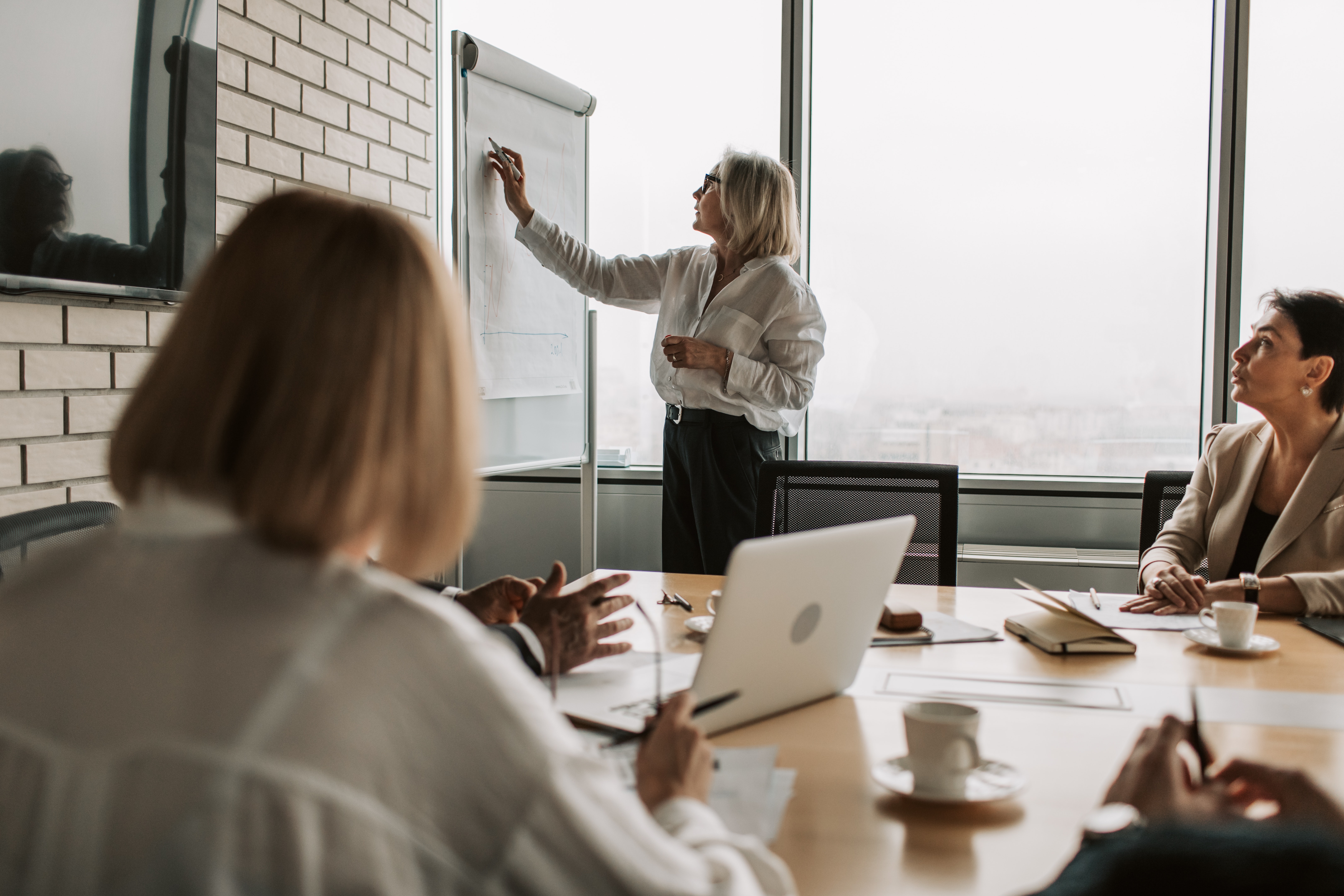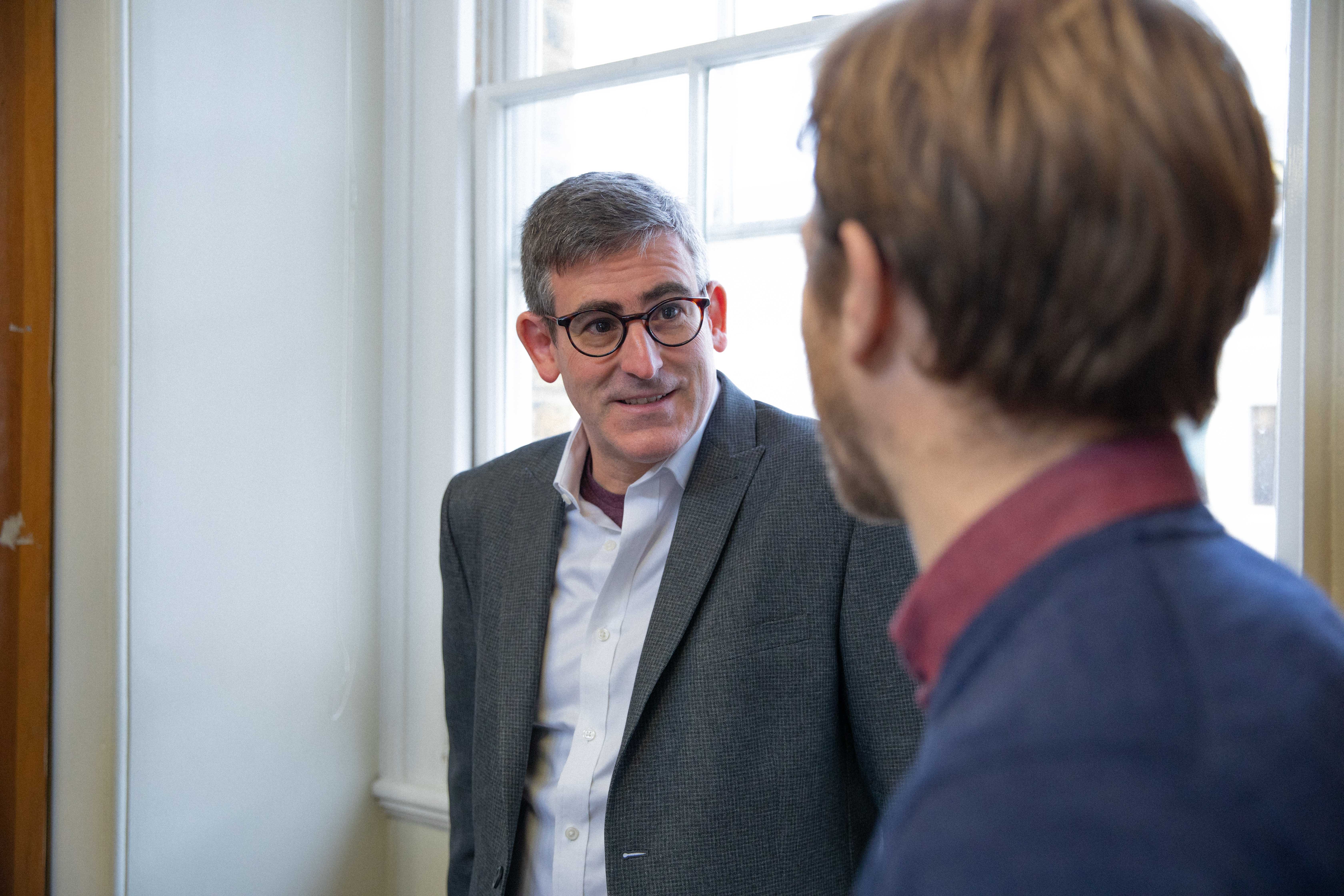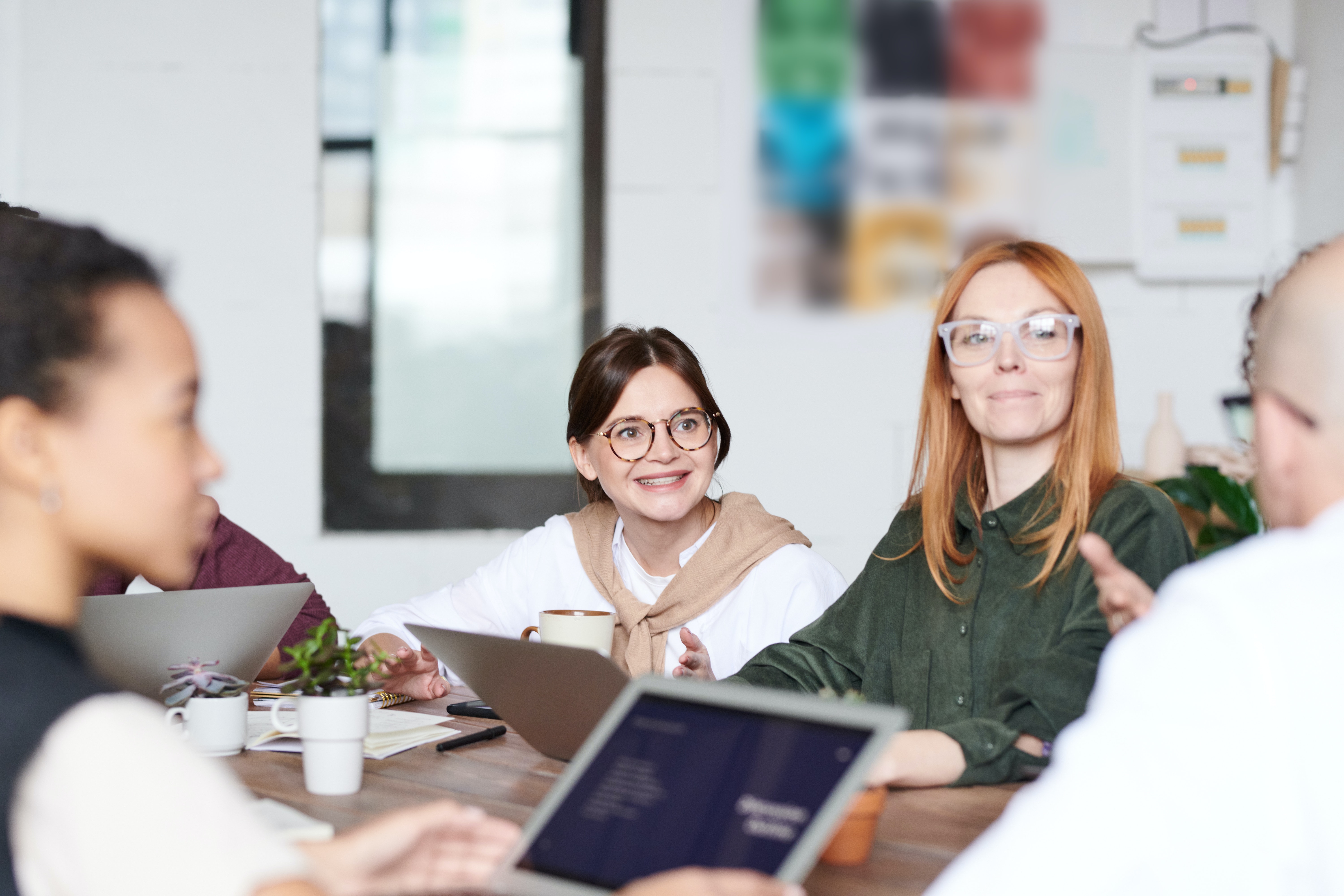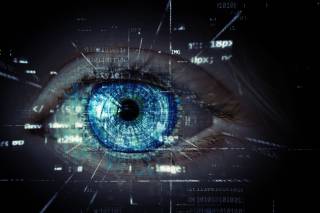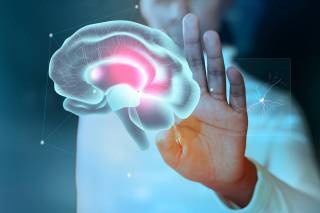Changing Minds: Workshops in advanced behavioural science
Delivering cutting-edge insights in risk management, decision-making, social behaviour, neuroscience and causal theory, we help you apply behavioural science in the workplace.
- Study at a global top-10 university
- Learn from UCL's leading experts
- In-person and online
- Off-the-shelf and bespoke options
 Close
Close


